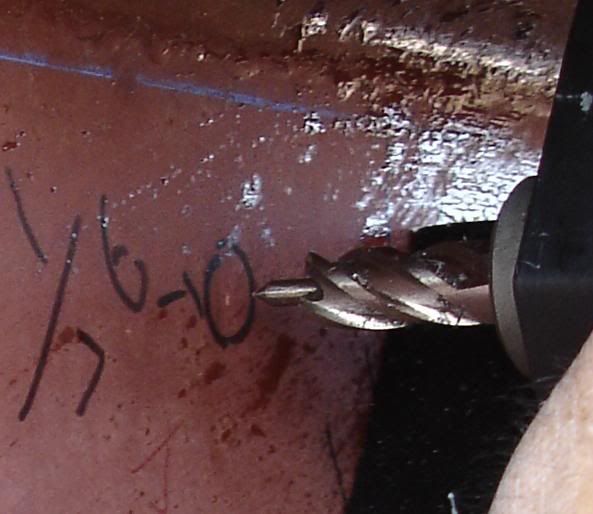TCPhoenix
Mechanical
- Jan 23, 2007
- 24
I am working on a project that requires holes 1-5/16" dia. 1/2" deep to be drilled in A36 steel. These holes being drilled are in the field, so we do not have the ability to use a drill press.
The contractor performing the work would like to tourch cut the holes instead of drill them.
Is there any reason the holes should not be tourched/flame cut?
The contractor performing the work would like to tourch cut the holes instead of drill them.
Is there any reason the holes should not be tourched/flame cut?

